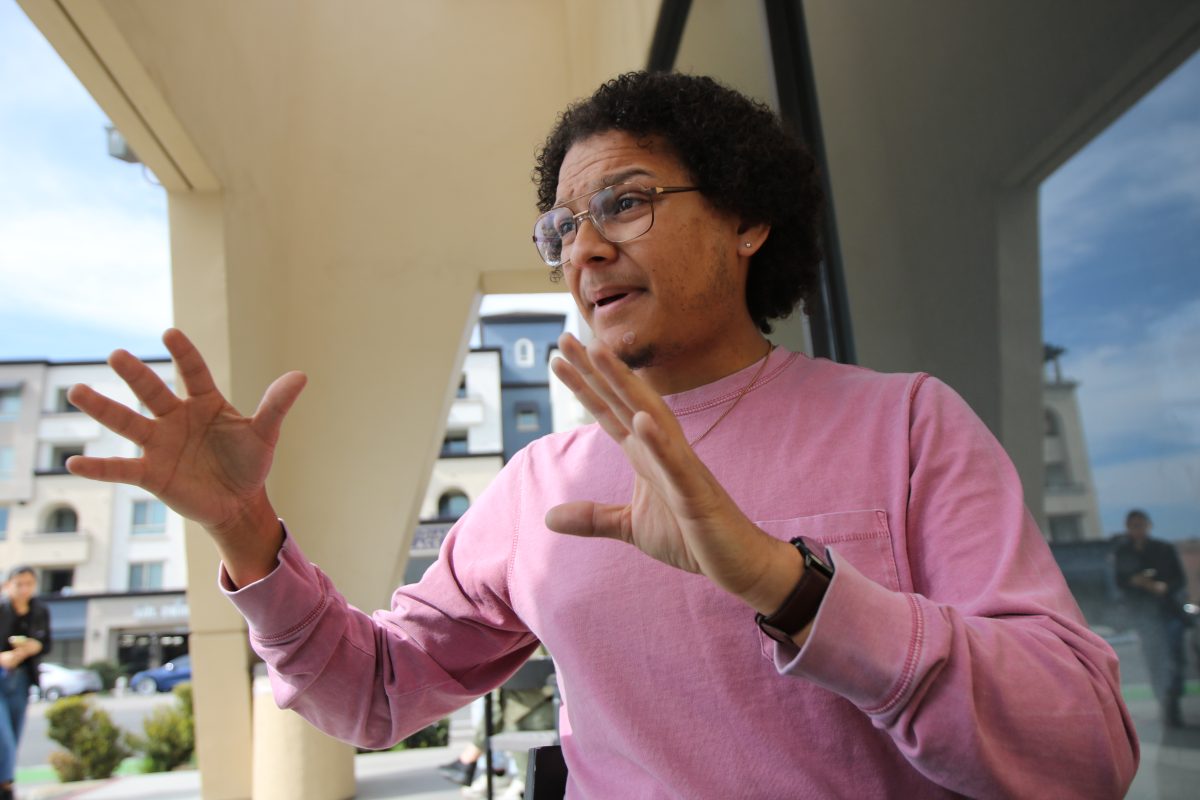Minorities, particularly African-Americans and Latinos, earn less income even with college degrees as opposed to their white or Asian colleagues, according to a recent study by Georgetown University’s Center on Education and the Workforce.
“I’m not surprised because we’ve known this for a long time, in part because of stereotyping,” said Dr. Karin Stanford, department chair for Pan African studies.
White professionals earn about 20 times that of African Americans, and 18 times that of Latinos, according to 2010 U.S. Census data.
As of 2009, on average, an African-American household owned about $5,700 in assets and Latinos held around $6,300, as compared to the typical White household that held $133,000 in possessions, according to the Pew Research Center.
The recent economic downturn and housing bust only added to the gap between economic and racial classes, noted the Georgetown report.
The stagnant economy, high unemployment rate and pay-scale cut backs are not helping matters, and hitting minority workers hardest, according to the Georgetown study.
The report identified four major rules that adversely affect pay.
Degree level matters, according to the report, which noted those with higher education typically earn more than those with less.
“Today’s master’s is yesterday’s bachelor’s,” said Johnie Scott, Pan African studies professor.
Jon Chavez, 23, said some statistics may show unequal pay between races because these groups do not have the same financial resources available to them.
“I think it all comes down to education,” said Chavez, geography alumnus. “I believe that anyone can attain the best salary for any job, regardless of race.”
A student’s major could affect how much they earn after graduation because certain fields do not pay as much as others, Stanford said.
“I knew right off the bat when going to grad school, that I wasn’t going to be making as much (with my chosen degree),” Stanford said.
The Georgetown study noted a person’s degree level may not be vital to how much they earn. Those with less education could work higher paying jobs than those who have earned a degree if those jobs are deemed more essential.
For example, about 14 percent of high school graduates earn more than those with a bachelor’s degree, according to the report.
Recent UCLA graduate Wendy Quiñonez, 23, said she noticed minorities tend to gravitate to fields such as humanities or liberal arts, while other groups study math and sciences, field which tend to pay more.
Quiñonez said she was one of three Latinos in her economics classes, but her political science courses were more ethnically diverse.
Earning a degree is still the most important factor in determining how much a person will earn, according to the Georgetown study. But race, ethnicity and gender are wild cards that could trump a person’s degree.
Business managers with bachelor’s degrees earned about $2.7 million in their lifetime, around $700,000 more than their degree-less counterparts, according to graphic data provided by the report. Whereas blue collar workers make nearly half, about $1.7 million in their lifetime.
White workers, regardless of their education or profession, are ahead of minority groups in terms of wages, the report noted.
For example, Whites who earned a bachelor’s degree are earning up to $2.5 million dollars in their lifetime, according to the Georgetown study. Whites are followed closely by Asians who earn $2.3 million, and finally by African Americans and Latinos who earn $1.9 million in their lifetime.
Chavez said he has not noticed minorities earning less, and does not consider himself in that situation.
Recent graduates tend to focus primarily on obtaining a paycheck, Quiñonez said. Because that is of higher priority, graduates understand there will be time for them to work their way up the pay scale.
But Stanford said working minorities from first generation families may not have the opportunities or experience, such as interviewing skills, to work their way up.
Many minorities live in communities where there is little to no economic opportunity, according to a report by the Joint Center for Political and Economic Studies.
Stanford said there is still hope, however, but only with continuing research, publicity for the issue and connecting it to people’s lives.
“There won’t be any major change until we recognize that race matters,” Stanford said. “It still matters.”





